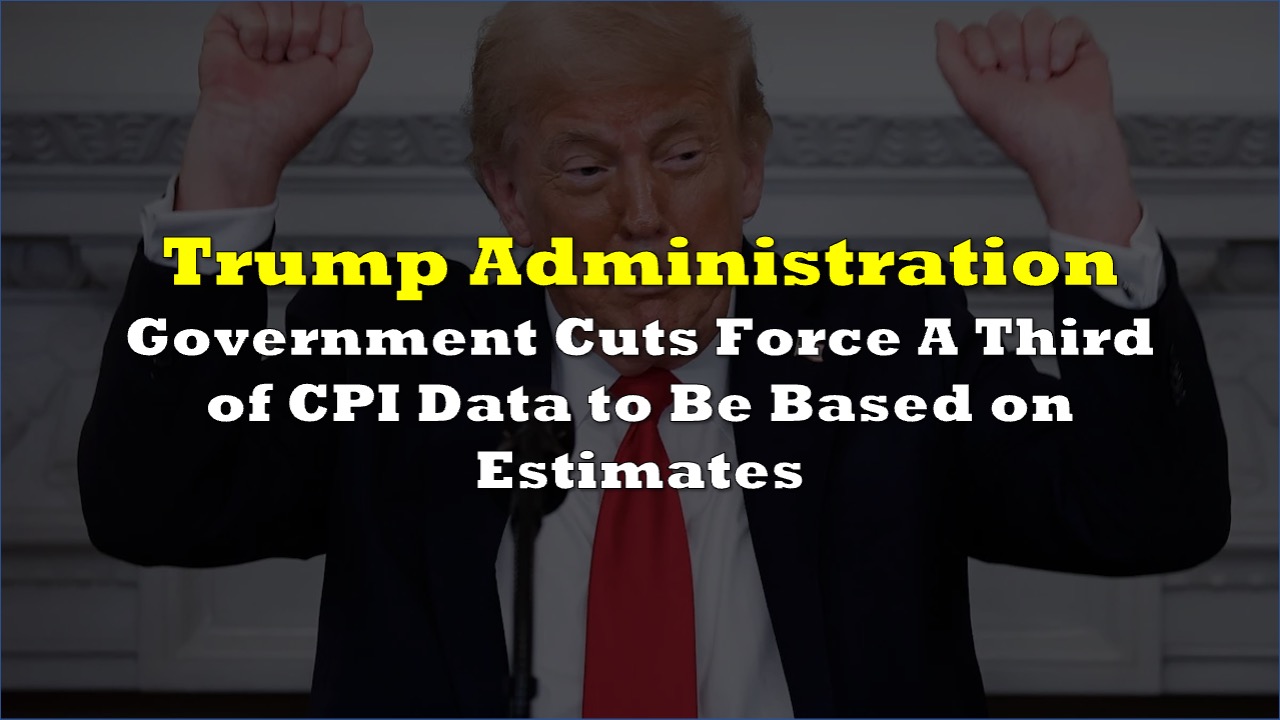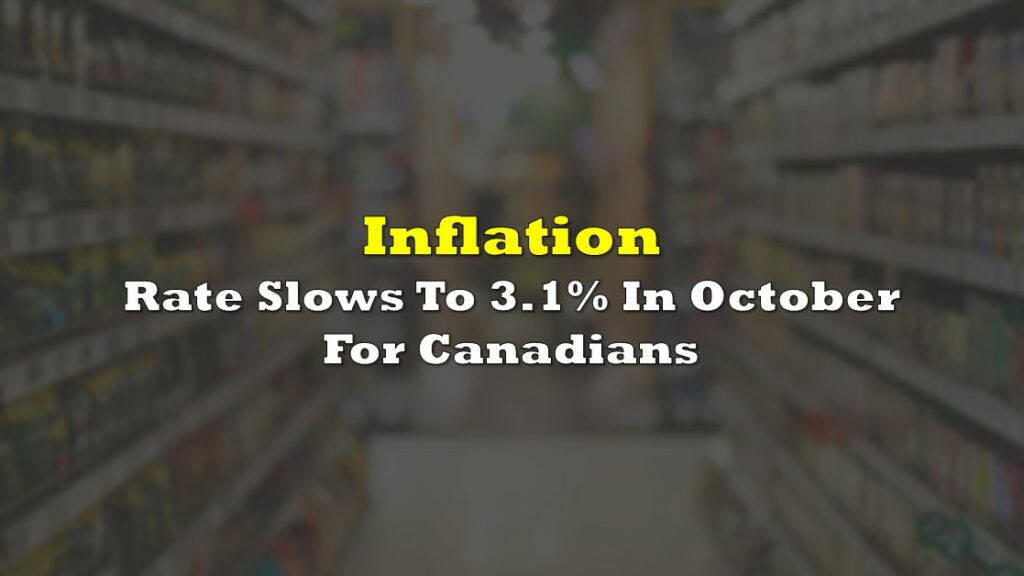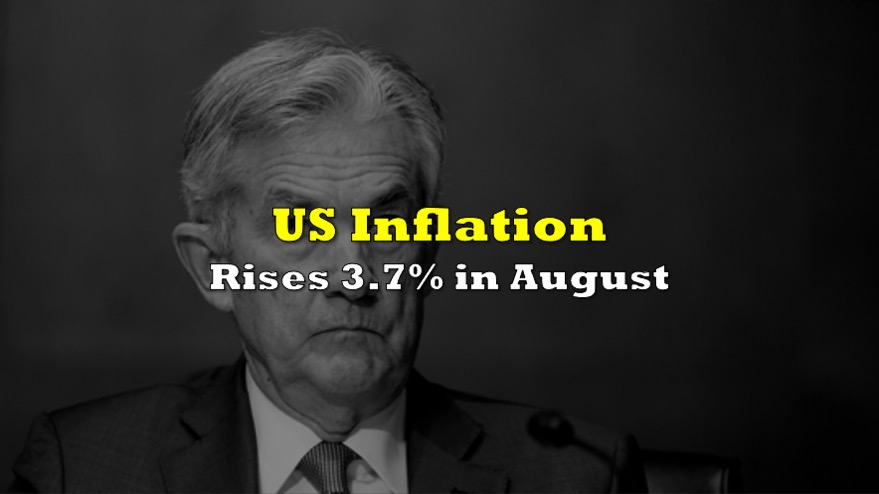The Bureau of Labor Statistics now estimates about one-third of the price data it uses to calculate the Consumer Price Index, triple the normal rate, as staffing shortages from Trump administration budget cuts strain the agency.
The increased reliance on estimated prices has raised concerns among economists about the quality of the nation’s key inflation measure, which influences Federal Reserve policy and Social Security payments.
This is pretty wild. About 1/3 of CPI inputs are no longer measured in the real world (because of “BLS staff shortages”) but are modeled by their historical correlation to other inputs. https://t.co/9j2PIwOI9z
— Ben Hunt (@EpsilonTheory) July 28, 2025
The data quality issues could affect the accuracy of inflation readings that guide interest rate decisions and cost-of-living adjustments for millions of Americans. Regional inflation data faces particular risks, as the BLS acknowledges the changes may increase volatility in local price indexes.
The BLS typically estimates about 10% of CPI data when field workers cannot collect actual prices. That figure has jumped to around 30%, according to an analysis by Apollo Academy.
In April, the agency stopped collecting prices in three cities: Lincoln, Nebraska; Provo, Utah; and Buffalo, New York. The agency has also reduced data collection across the country.
The reduced sample sizes mean economists have less confidence in month-to-month inflation readings. BNP Paribas analysts warned in May that smaller samples “may be liable to greater volatility” in the data.
A government-wide hiring freeze that Trump implemented in January has prevented the BLS from replacing departing employees. Former BLS commissioner Erica Groshen estimates staffing has dropped 15%.
“You have an institution that was already struggling a bit, and then you have this collateral damage on top of it,” said Groshen, now at Cornell University.
Budget cuts have reduced the agency’s funding by 20% in inflation-adjusted terms since 2009. Trump’s proposed 2026 budget would slash BLS funding and staff by another 8%.
When field representatives cannot collect actual prices, statisticians estimate them using prices from other regions or similar products. The BLS says this meets quality standards but acknowledges the practice may increase data volatility.
“The use of expanded imputation is likely to continue, given ongoing staffing shortages at the BLS,” BNP Paribas analysts said.
The BLS will release July CPI data on August 12.
Information for this story was found via the sources and companies mentioned. The author has no securities or affiliations related to the organizations discussed. Not a recommendation to buy or sell. Always do additional research and consult a professional before purchasing a security. The author holds no licenses.










One Response
The Orange Taco need’s to go to jail so immediately!